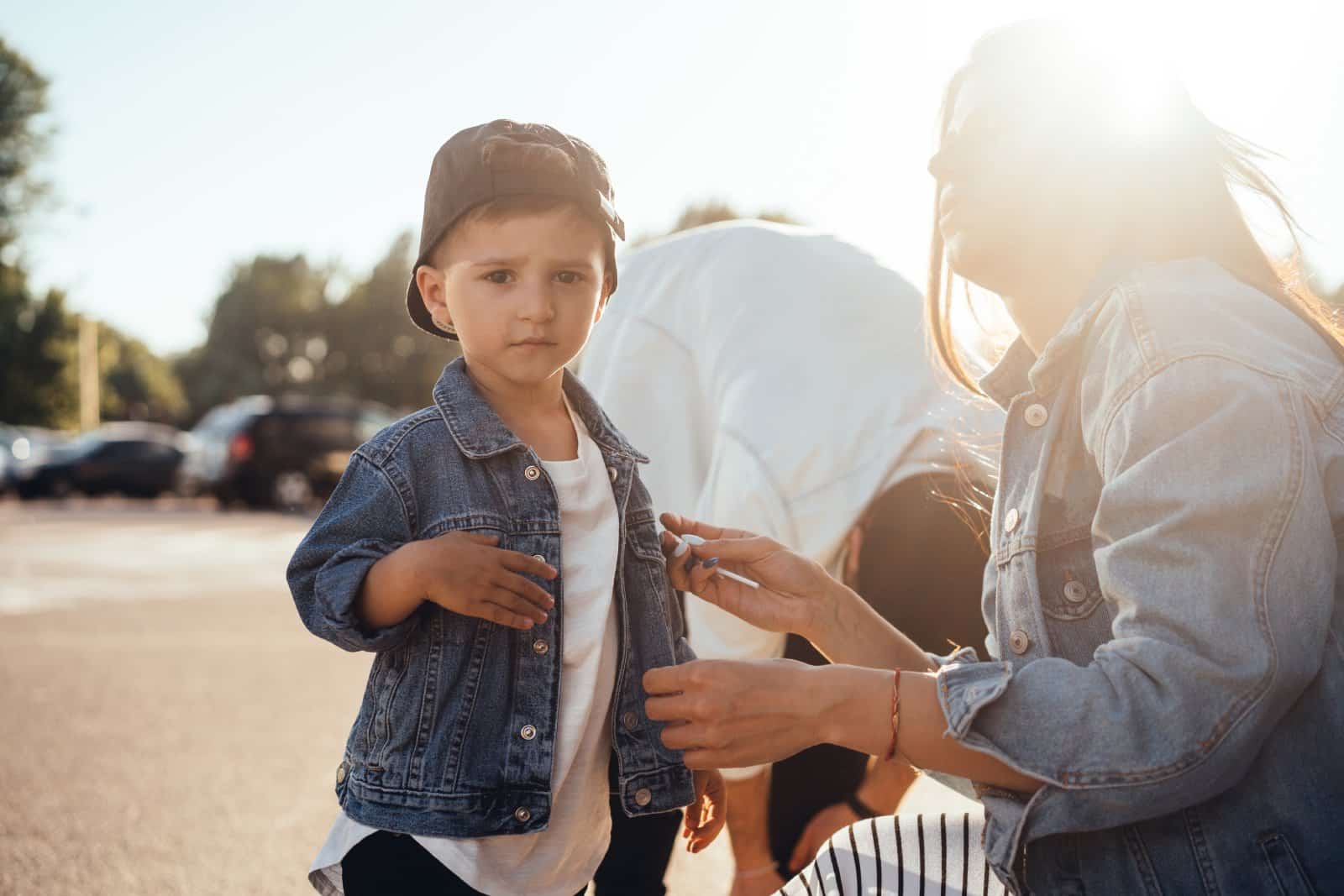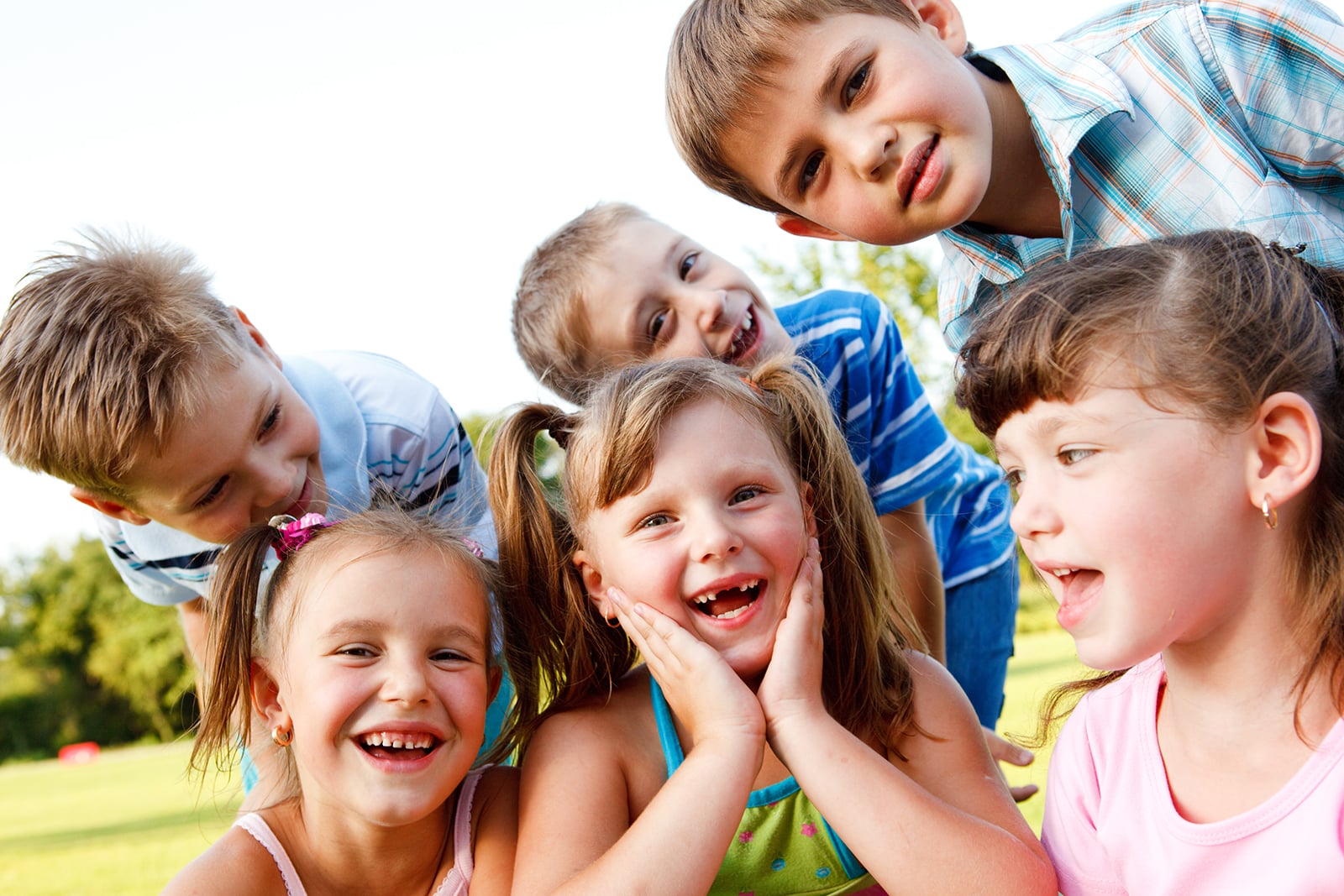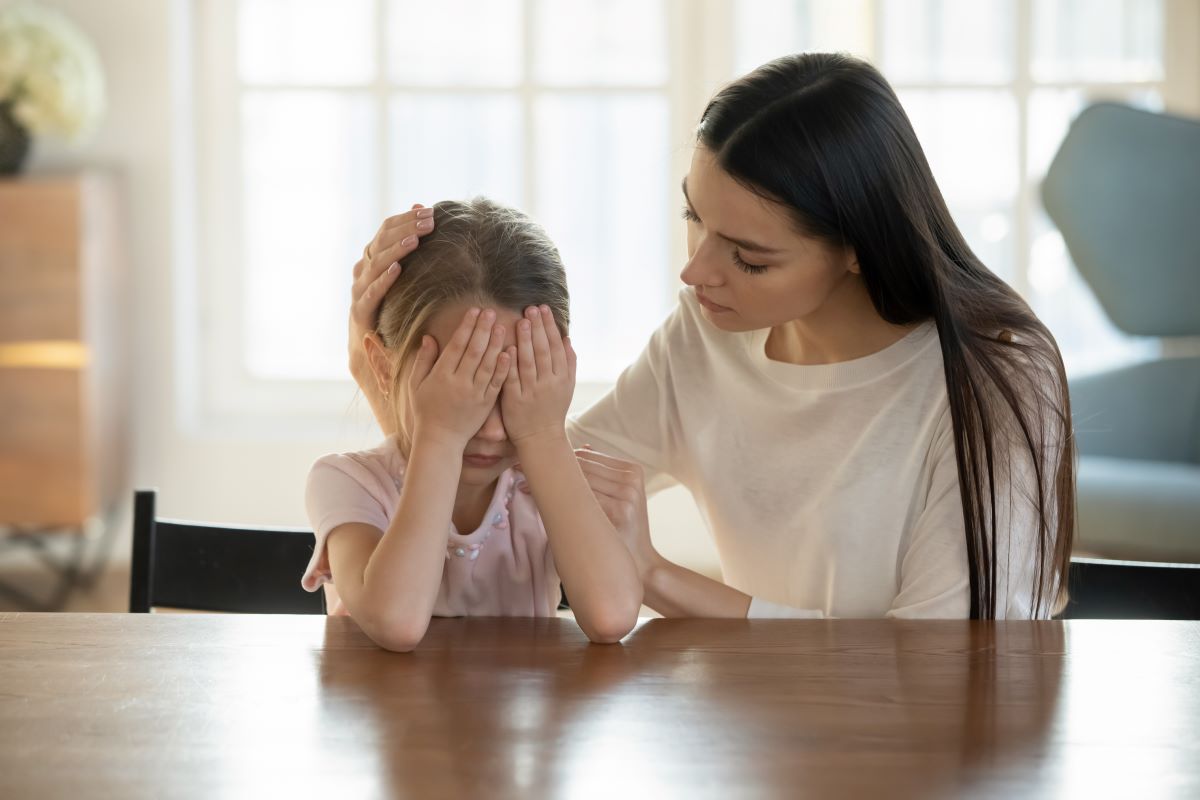20 Gender-Based Remarks That Do More Harm Than Good for Kids
In a world that’s rapidly evolving, the way we talk to our children about gender plays a significant role in shaping a more inclusive society. It’s time to challenge and change the traditional narratives that limit our kids’ potential based on gender. Here’s a list of gender-specific phrases and ideas we should move away from, fostering a more supportive and open-minded environment for the next generation.
1. “Boys Don’t Cry”

Suppressing emotions is unhealthy for anyone, regardless of gender. Everyone should feel comfortable expressing their feelings.
2. “Girls Must Always Be Polite”

While being polite is a great quality, implying that girls must always be docile or accommodating reinforces harmful stereotypes.
3. “Boys Will Be Boys”

This phrase often excuses aggressive or inappropriate behavior. Accountability is important for all.
4. “That’s Not Ladylike”

Activities or behaviors shouldn’t be off-limits based on being deemed not “ladylike.” Encourage exploration and freedom.
5. “Man Up”

Suggesting that bravery or resilience is exclusively masculine not only limits boys but undermines the strength of all genders.
6. “Girls Are Not Good at Math”

This stereotype discourages girls from pursuing STEM fields. Ability in subjects is not gender-specific.
7. “Boys Don’t Play With Dolls”

Toys have no gender. Playing with a wide range of toys fosters empathy and a broad skill set.
8. “Be a Man”

Implying that there’s only one way to be a man is restrictive. We should encourage being a good human above all.
9. “Girls Should Be Seen, Not Heard”

This outdated idea stifles girls’ voices and confidence. Encourage kids to express their thoughts and opinions.
10. “Boys Are Messy”

Labeling behaviors based on gender excuses responsibility. Teach cleanliness and organization as universal values.
11. “You Throw Like a Girl”

Used pejoratively, it sends a message that being female is inferior. Celebrate effort and improvement instead.
12. “Girls Are Too Emotional”

Emotions are human, not gender-specific. Validate feelings instead of dismissing them.
13. “Boys Shouldn’t Be Afraid”

Fear is natural. Teach courage in facing fears, not denying them.
14. “Girls Need to Be Rescued”

This perpetuates the idea that females are inherently less capable. Empower all children to be self-reliant.
15. “Boys Don’t Do Ballet”

Interest in the arts is for everyone. Encourage passions, regardless of the activity’s perceived gender association.
16. “Girls Can’t Be Leaders”

Leadership qualities are not gender-dependent. Foster leadership skills in every child.
17. “Boys Don’t Care About Clothes”

Personal style is a form of self-expression for all. Encourage creativity and personal choice.
18. “Girls Must Have Long Hair”

Hair length and style should be a personal choice, not a gendered expectation.
19. “Boys Don’t Help in the Kitchen”

Cooking and household chores are life skills everyone needs to learn.
20. “Girls Aren’t Funny”

Humor is a human trait. Encourage laughter and joy in every child.
Building a More Inclusive World

By moving away from these gender-specific directives, we not only broaden the horizons for our children but also contribute to a more inclusive and understanding world. Let’s focus on nurturing kindness, empathy, and individuality in every child, regardless of gender.
Banned in the USA: 14 Everyday Items We Can’t Have

Ever feel like America’s rulebook was written by someone with a dartboard? Across the pond or down under, things get even wackier. Let’s take a walk on the wild side of global “Do’s” that are definite “Don’ts” in the Land of the Free. Are you ready to find out just how bizarrely different the world can be? Banned in the USA: 14 Everyday Items We Can’t Have
Gone From the Shelves: Why 18 American Staples Vanished

Over the years, various foods that were once staples in American kitchens have been banned or are no longer allowed to be sold due to health, environmental, or ethical reasons. Here’s a list of 18 such items, detailing why they’ve been pulled off the market. Do you remember any of these? Gone From the Shelves: Why 18 American Staples Vanished
Eat & Drink at Your Own Risk: 20 Foods to Keep Away From Your Family

When it comes to food and drinks, not all choices are created equal. Some items on the shelves are so bad for your health that they’re almost legendary. Here’s a list of some of the absolute worst food and drink products—specific brands included—that you might want to avoid at all costs if you care about your nutritional intake. Eat & Drink at Your Own Risk: 20 Foods to Keep Away From Your Family
Featured Image Credit: Shutterstock / fizkes.
The content of this article is for informational purposes only and does not constitute or replace professional advice.
The images used are for illustrative purposes only and may not represent the actual people or places mentioned in the article.







